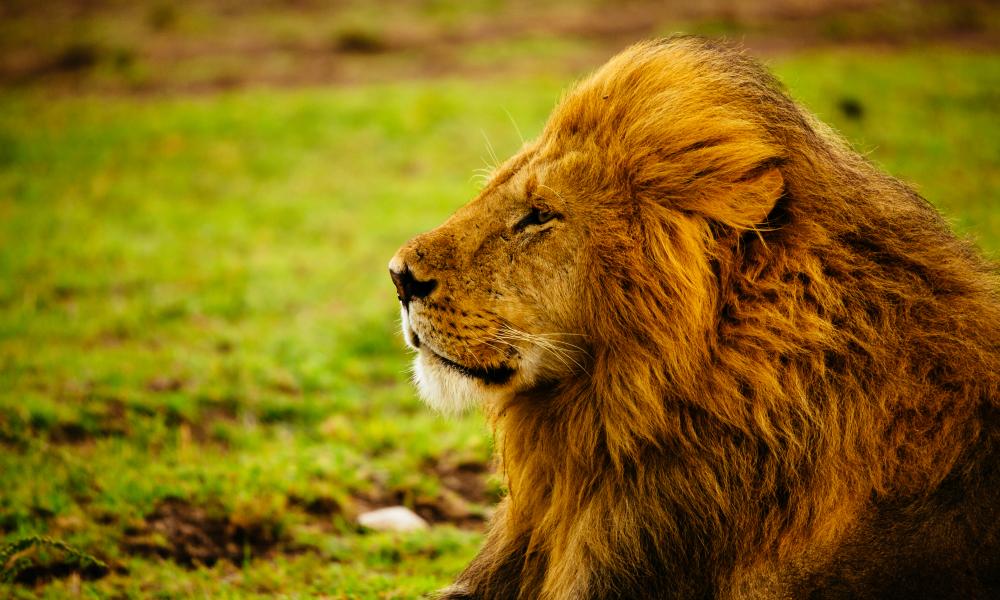Since the release of the film 'The Lion King' in 1994, almost half of all wild lions have disappeared from the African continent as the global lion population continues its steady decline.
Today, only 23,000 lions are believed to be left in the wild, according to figures from the Belgian branch of the World Wide Fund for Nature (WWF-Belgium). The species has also completely disappeared from West Africa.
Several threats have contributed to the declining population rates of lions, most from humans, which have driven lions away from more than 90% of their homeland.
As the natural habitat of lions degrades (often due to human activity), their prey disappears. As a result, lions cannot find food and sometimes forage near farms, which leads to conflict with local populations. Pre-emptive culling and poaching by humans in unprotected areas also play a major role in the species dying out.
Related News
"The Lion King" film saw animations of the large cat becoming the favourite characters of thousands of children across the world. However, just two years after the film's release, lions were added to the "vulnerable" Red List of the International Union for Conservation of Nature (IUCN).
Facing extinction
Experts believe that the species may simply become extinct by 2050 if nothing is done to save the species. Protecting lions is vital, as the predator plays a crucial role in maintaining a healthy balance with other animals.
This also includes protecting lion hunting grounds, natural habitats, and helping regions to thrive, including the human populations that depend on local natural resources.
WWF-Belgium, which works to strengthen and expand natural territories, stop poaching, organise scientific studies of populations and reduce conflicts between animals and humans, is launching a fundraising campaign to fight for the conservation of the species.

